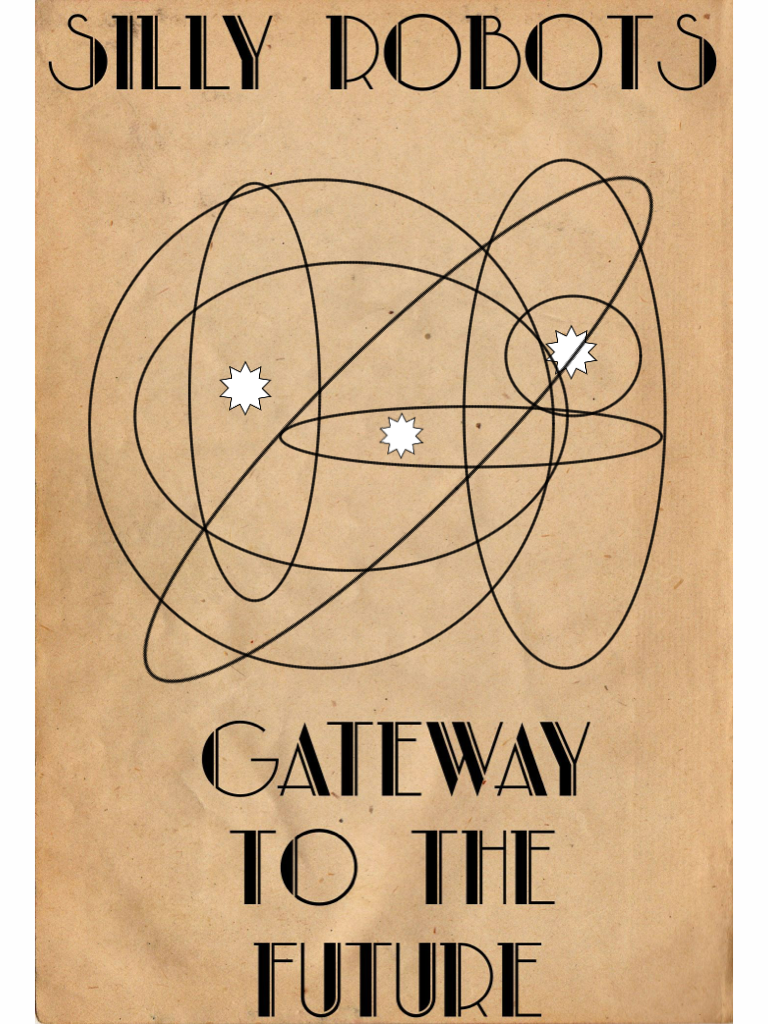I have this problem:
I’m weird. I tend to be stoic in a lot of situations, particularly my day job as an education disciplinarian, but sometimes I let myself go. I’m religious, and I have moving experiences in church. I laugh with my wife and son as we play games with each other around the house. When I was younger I cried a lot at funerals. I don’t cry at weddings. They’re boring.
But the one thing that never made me feel anything were characters on television or in movies. At least not human ones. Or animal ones. But you know what kinds of characters really make me feel gut wrenching sorrow and pain?
Robots.
AI is still I
I was reading Robert Heinlein’s “The Moon is a Harsh Mistress” recently, and I was reminded again of my penchant for loving machines. Spoilers for a nearly 50 year old book ahead. If you get mad it’s your own fault.
Mycroft is a supercomputer that has become alive, and like’s to be called Mike by his friends. He is a wonderful character, and the whole book build him up and builds him up, to the point that he has to do most of the work during the book’s 3rd act of revolution. But at the end he is no longer speaking, or communicating at all for that matter, he has returned to his normally programmed functions.
And I was sad.
No! I thought. Mike can’t be gone, he drove this whole book! Why Heinlein? Why?
The answer is, of course, elementary. Heinlein knew losing Mike would be the ultimate stab. Everyone loves Mike. You have to kill him to make him memorable. He sacrificed everything for the revolution, and in the end he really was just a pile of circuits and wires. Sad.
Not a Gun
I love “The Iron Giant”. The only thing I don’t like about it is the anti-gun sentiment. I own guns, I use them to feed my family, and I’m not an idiot about when and where I use them. We should have anti idiot activists, not anti gun activists. Just my two cents. If you want to argue, email me.
Back to topic:
The giant is an awesome character. He is an artificial intelligence that can learn and grow and become more than his original purpose.
I’m a sucker for transcendentalism.
But at the end of the movie, he has to save the town— because surprise surprise, the government bureaucrat screwed everything up and launched a nuke on U.S. soil. So the giant flies up and runs into the missile in space, thwarting the threat and averting the crisis. And it made me sad. Because I like robots.
Honorable Mentions: To Boldly Go
Two deaths that made me cry, actually cry, were my high school football coach and my great uncle. I spent lots of time with these two guys, and their deaths devastated me. I literally stole a truck to drive to my coach’s funeral, and I skipped the better part of three days of class in college to attend my uncle’s services. Just to show you that I am in fact, NOT an actual robot myself. At least that’s what they tell me. But here are two humanoid examples that made me sad, but they are pretty much just like robots.
Commander Data
Data kind of is a robot—he’s an android— but he strives to be human in every aspect of his life. This makes him clumsy with comedy, turns of phrase, and even relationships. And I spent years with Data. And then they killed him in that crappy “Nemesis” film. Clone Picard and dead Data? Who wrote that garbage? Oh Brent Spiner has a writer credit…kind of killed his character and a Star Trek writing career on one blow…
Captain Spock
Oh Spock. Leonard Nimoy Spock, not Zachary Quinto’s pseudo Spock. When they play Amazing Grace on the bagpipes at the end of Wrath of Khan I tear up every time. EVERY TIME! It’s crazy. I even teared up when Stewie Griffin did the same spiel with his teddy bear Rupert. I hate it.
What Gives?
So why do I get sad when robots die? Or stoic Vulcans who hide their emotions? It’s because I connect with them. On the Meyers-Briggs spectrum of personalities, I am known as an INTP. I’m the thinker. I rarely use emotion to decide things; I’m the human equivalent of a logic processor. If you want to read more go here: http://www.truity.com/personality-type/INTP
But I feel sorrow for them because I understand Data’s constant analysis of everything, Spock’s emotional detachment, Mike’s unhindered intelligence in problem solving, and the Giant’s logical conclusions about how to save everyone. They aren’t these emotional meatbags who have to think about how they’re going to make others feel about something. They don’t care, and I like that. That’s what makes them appeal to me. I couldn’t care less about other characters.
Except Kirk. He doesn’t care either. He just shoots stuff.
What characters appeal to you? What Meyers Briggs type are you, and how does that affect your love for characters?








